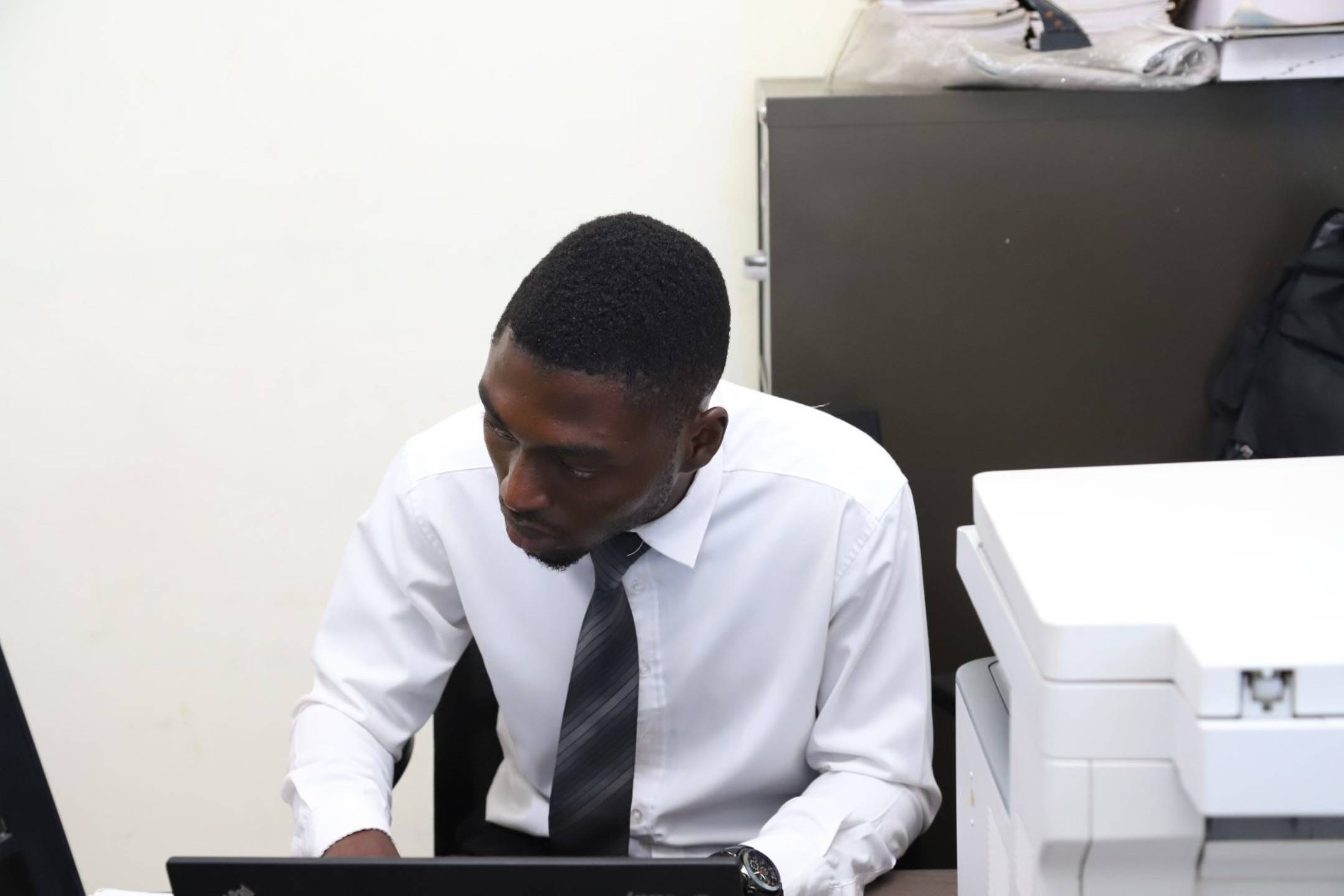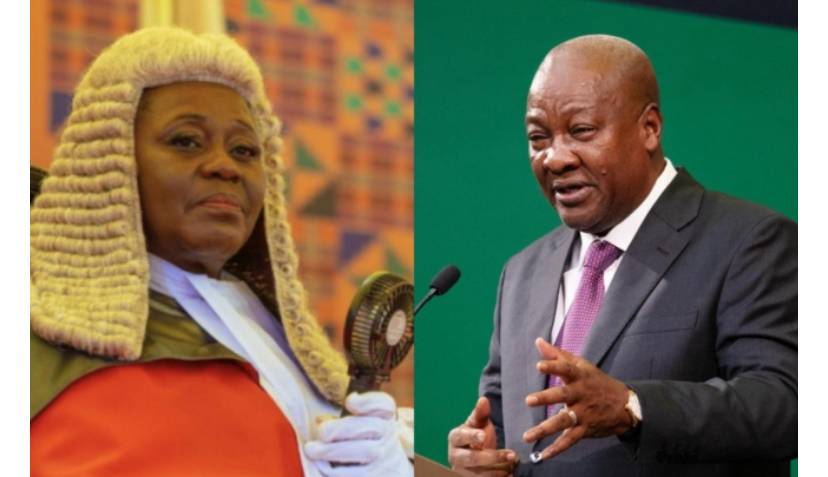Chief Justice Gertrude Torkornoo has officially submitted her preliminary response to President John Mahama regarding petitions that seek her removal from office. The submission comes as the 10-day period given to her to respond ended on Monday, April 7, 2025.
The petitions, received by the President last month, have ignited significant public discourse and legal debate over the constitutional procedure for removing a sitting Chief Justice. In response to the petitions, Justice Torkornoo had earlier written to President Mahama requesting access to the full documents and additional time—at least seven days—to prepare her response in accordance with due process.
Her formal response has now been delivered to both the President and the Council of State. This marks an important step in the constitutional process outlined under Article 146(6) of Ghana’s 1992 Constitution, which guides the removal of a Chief Justice. The Council of State is expected to consult with the President before any decision is made to form a committee to further investigate the allegations.
In a related development, the Supreme Court is scheduled to hear a legal challenge on April 9, brought by Member of Parliament for Old Tafo, Vincent Ekow Assafuah. The suit questions the President’s authority to initiate the Chief Justice’s removal process without formally notifying her in advance.
Article 146 of the Constitution clearly outlines the process for removing Justices of the Superior Court and the Chief Justice. It states that a Justice can only be removed for proven misconduct, incompetence, or incapacity due to physical or mental infirmity. When it comes to removing the Chief Justice, the President must consult the Council of State and, if necessary, form a five-member committee—comprising two Supreme Court Justices and three individuals not affiliated with Parliament, the Council of State, or the legal profession—to investigate and make recommendations.
According to the Constitution, the proceedings must be conducted in private, and the accused Justice has the right to defend themselves personally or through legal representation. The President is bound to act according to the final recommendation of the investigative committee.
If a committee is formed, the President may suspend the Chief Justice on the advice of the Council of State, but he also retains the power to revoke such a suspension at any time.
The unfolding situation has drawn national attention, with various political and legal commentators weighing in on the implications for judicial independence and constitutional governance. As the process moves forward, all eyes are on the Presidency, the Council of State, and the courts to ensure that due process is followed fairly and transparently.




No comments yet
Be the first to share your thoughts!